Annually, homeowners across the globe face challenges related to cracking concrete, primarily due to fluctuating environmental conditions and other external pressures. Without proper maintenance, these cracks can compromise the driveway's structure, making it more susceptible to further damage and costly repairs. Proactively maintaining your driveway ensures it not only looks good but also performs well under various conditions. The rise in urbanization has seen an increase in concrete structures everywhere, including driveways, which underscores the necessity of implementing effective maintenance strategies. By taking the right measures, you can prevent small issues from escalating into significant problems.
Concrete driveways, when well-maintained, can last several decades, providing a smooth surface for vehicles and boosting curb appeal. The aesthetic and functional benefits of concrete make it a popular choice among homeowners. However, as with any investment, regular upkeep is crucial to prevent depreciation and maintain appearance and function. According to Statista, the consumption of cement in the United States has steadily increased over the past decade, reaching an estimated 110 million metric tons in 2024. This surge implies a growing reliance on concrete in residential spaces, highlighting the importance of guidance on effective maintenance practices.
Understanding the Causes of Cracking
Environmental factors such as weather changes play a significant role in the integrity of concrete driveways. Extreme temperature fluctuations from hot summers to freezing winters can cause concrete to expand and contract, leading to cracking. Rainfall and moisture can penetrate these cracks, further exacerbating damage through freeze-thaw cycles. These factors not only stress the concrete but also change the composite's structure over time. Regular monitoring for weather impacts can help in planning proactive maintenance and mitigation strategies.
Another environmental aspect is UV exposure, which can degrade the surface of the concrete, leading to a worn appearance and increased porosity. The sun's ultraviolet rays break down materials over time, and concrete is no exception. This damage can lead to more frequent and deeper cracking as the concrete's surface becomes brittle. Shade can mitigate some sun damage, making strategic plant placement near the driveway a practical countermeasure. Implementing such measures can reduce cracking and prolong the life of your driveway.
Moisture is another environmental factor that affects the durability of concrete. When water seeps into concrete and freezes, it expands, leading to structural damage. This expansion and contraction cause stress, which eventually manifests as cracks on the surface. Therefore, proper drainage around your driveway is essential to manage water flow and prevent the buildup of moisture in the concrete. Protective sealants can also add a layer of resistance against moisture-related issues.
Poor Installation
Installation plays a pivotal role in the longevity of a concrete driveway. Improper installation techniques are one of the leading causes of premature cracking. Poorly prepared subgrades and inadequate compaction can create uneven pressure points, causing cracks to develop. An experienced contractor ensures a solid foundation through proper grading and compaction before pouring the concrete. A well-conducted installation can significantly reduce the potential for future cracks.
The use of incorrect concrete mixes during installation is another contributing factor to cracking. The concrete's mix ratio must be appropriate for the environmental conditions and anticipated load. Overly wet or dry mixtures can weaken the concrete's integrity, making it prone to cracking under stress. A qualified professional will ensure the use of a mix that provides optimal strength for your specific conditions. This foundational strength is critical to the long-term performance of the driveway.
An often overlooked aspect during installation is the curing process. Curing is essential for concrete to develop its full strength. Insufficient curing time results in weak spots, which are vulnerable to cracking from external pressures. Controlled curing conditions, such as keeping the surface moist and covered, can optimize the development of the concrete's properties. By adhering to proper installation practices, you can avoid early failures and extend the driveway's lifespan.
Regular Cleaning and Maintenance
Maintaining a clean driveway is a critical component in preventing long-term damage. Debris such as leaves, dirt, and twigs can accumulate and trap moisture against the concrete surface. This moisture retention is conducive to creating an environment where crack-inducing stress from freeze-thaw cycles thrives. Removing debris frequently helps safeguard against this buildup, reducing the risk of surface damage. Utilizing brooms or leaf blowers can simplify this task and keep debris reasonably at bay.
Another overlooked aspect is the introduction of seeds and organic material into surface cracks by debris. These seeds, once trapped, can sprout and expand within crevices, further exacerbating crack expansion. Regularly removing debris ensures these opportunistic elements are kept in check. Incorporating shrubs or decorative barriers around driveways minimizes excessive debris access, thus reducing necessary cleaning efforts. This integrated approach allows for a drive towards proactive and comprehensive maintenance strategies.
Consistency is vital in the driveway cleaning regimen. Scheduled monthly clean-ups reduce the chance of harmful buildup, maintaining both appearance and function. By adhering to regular maintenance schedules, homeowners can significantly mitigate the impact of debris accumulation. This routine approach not only prolongs the life of the concrete but also uplifts the property's overall presentation. Simple, consistent cleaning is a crucial element for sustaining a reliable and durable driveway.
Applying Sealant
Concrete is more than just a building material; it's an investment in the long-term strength, safety, and beauty of your property. When installed by experienced professionals, concrete structures are designed to handle years of use with minimal upkeep. This makes them a practical choice for both residential and commercial projects where durability and value are top priorities. At the same time, today's concrete services go beyond function, offering decorative and customizable options that give any surface a refined, attractive look.
A standout example is the installation of a concrete driveway. Not only does this feature provide a reliable and durable surface for daily use, but it also significantly enhances curb appeal. The clean, polished appearance of a professionally crafted driveway creates an immediate impression of care and quality, which can add value to your property. With options such as stamped patterns, textured finishes, and even color variations, your driveway can be tailored to reflect the style of your home or business.
Concrete also delivers unmatched versatility, making it ideal for walkways, patios, stairs, and foundations. Each installation is an opportunity to combine strength with visual appeal, ensuring that the finished result is both practical and eye-catching. By choosing concrete, property owners gain a material that stands up to the elements, requires little maintenance, and continues to look great year after year. It's an investment that pays off in reliability, safety, and style.
Enhancing Your Property with Lasting Strength
Sealing a concrete driveway provides a crucial protective layer that defends against various environmental and physical threats. It prevents water penetration, minimizing the risk of expansion-related cracking during freeze-thaw cycles. By reducing moisture exposure, sealing also combats damage from deicing salts and other chemicals. Beyond protective benefits, sealants enhance the visual appeal by providing a polished finish that resists stains. A properly sealed driveway remains more vibrant and resilient amidst external stressors.
The preservation attributes of sealants extend a driveway's lifespan by mitigating surface degradation. Sealed surfaces maintain their integrity longer, reducing the need for frequent repairs or replacements. This preventive measure conserves financial resources and reduces potential downtime associated with extensive repairs. Moreover, homeowners experience peace of mind knowing that their driveways have an enhanced layer of defense. This assurance underscores the comparative advantage of sealants within a thorough maintenance strategy.
A comparative analysis of these sealants provides an essential guide for homeowners seeking to optimize driveway protection. Balancing factors such as cost, complexity of application, and desired finish can guide this decision-making process. Research into the longevity and performance under expected stressors further fine-tunes sealant choice. Personal preferences for aesthetics, combined with practical requirements for maintenance, inform a tailored sealing strategy. This tailored approach enhances the concrete's resilience and visual appeal progressively over time. For more information about the services that we offer, reach out to our incredible team at STF Concrete Inc today!
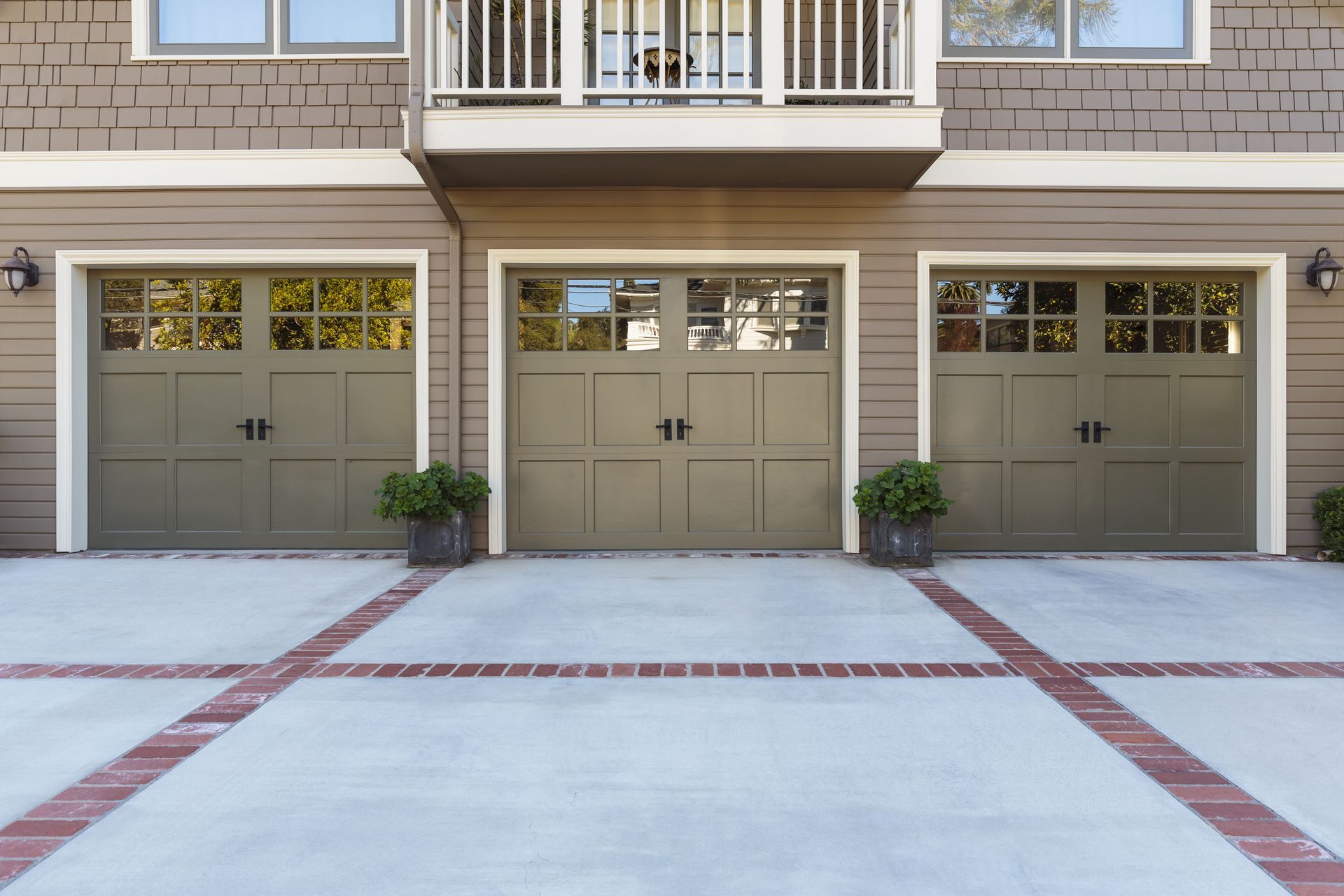
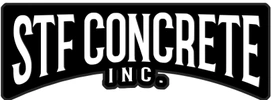
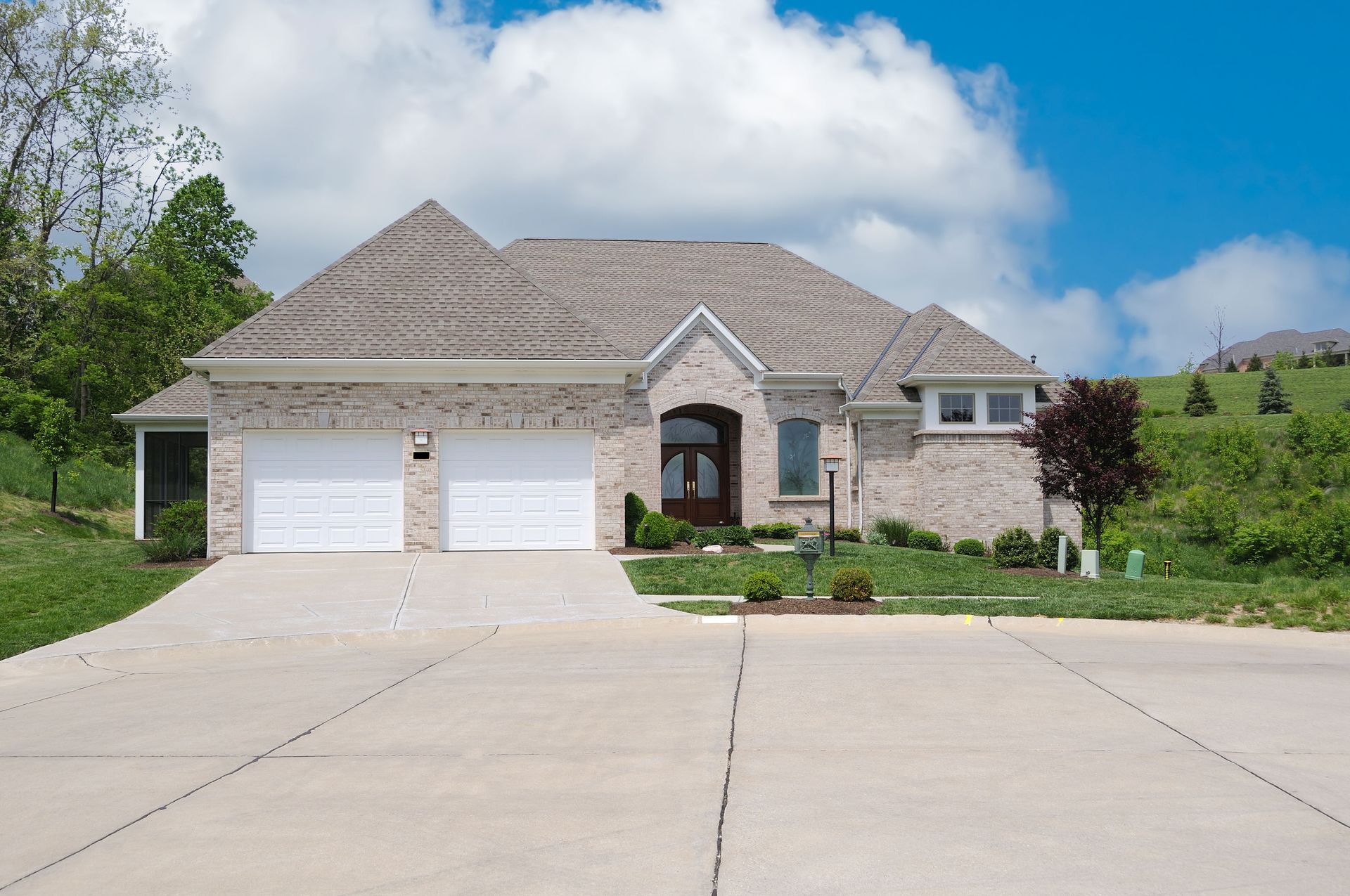
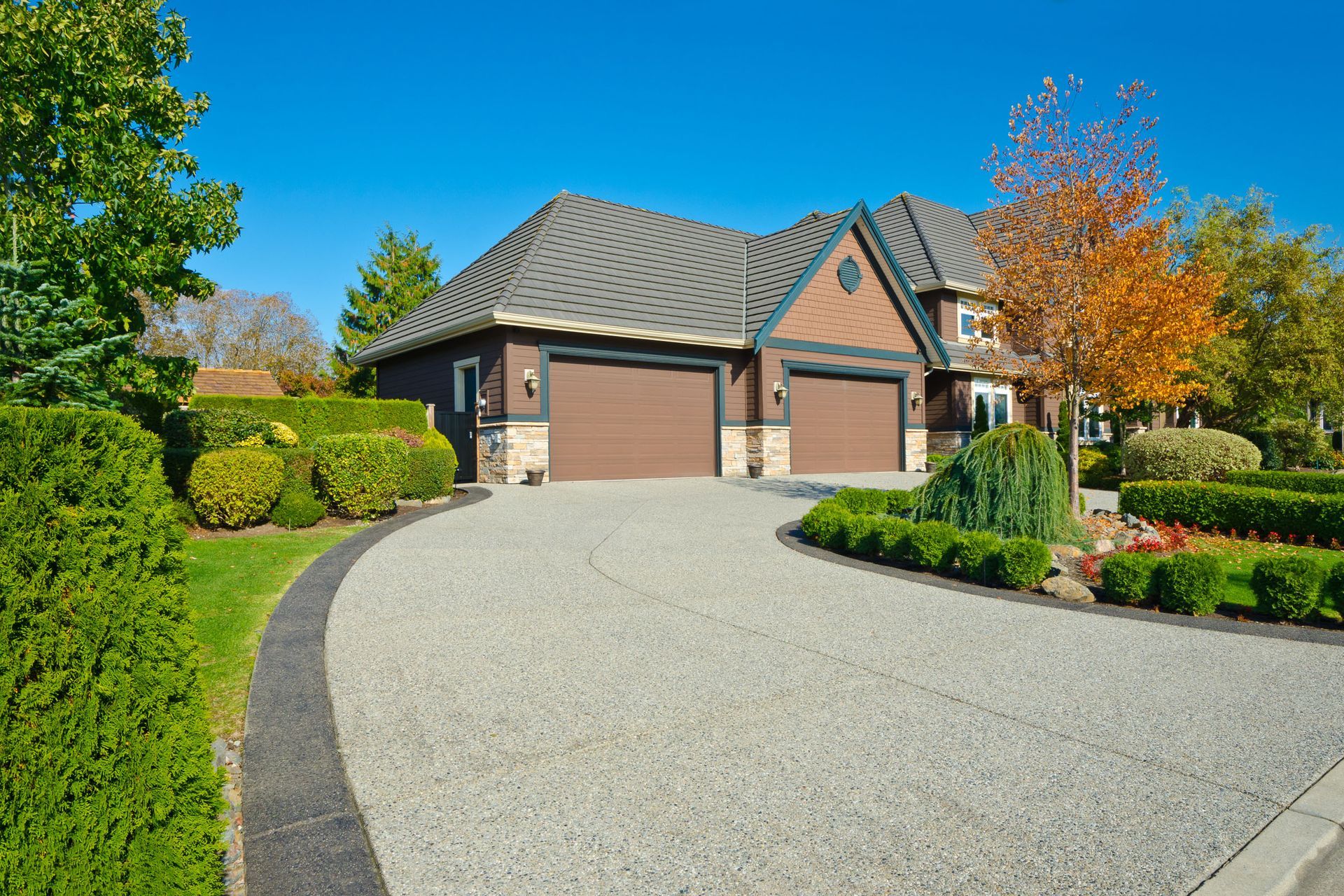
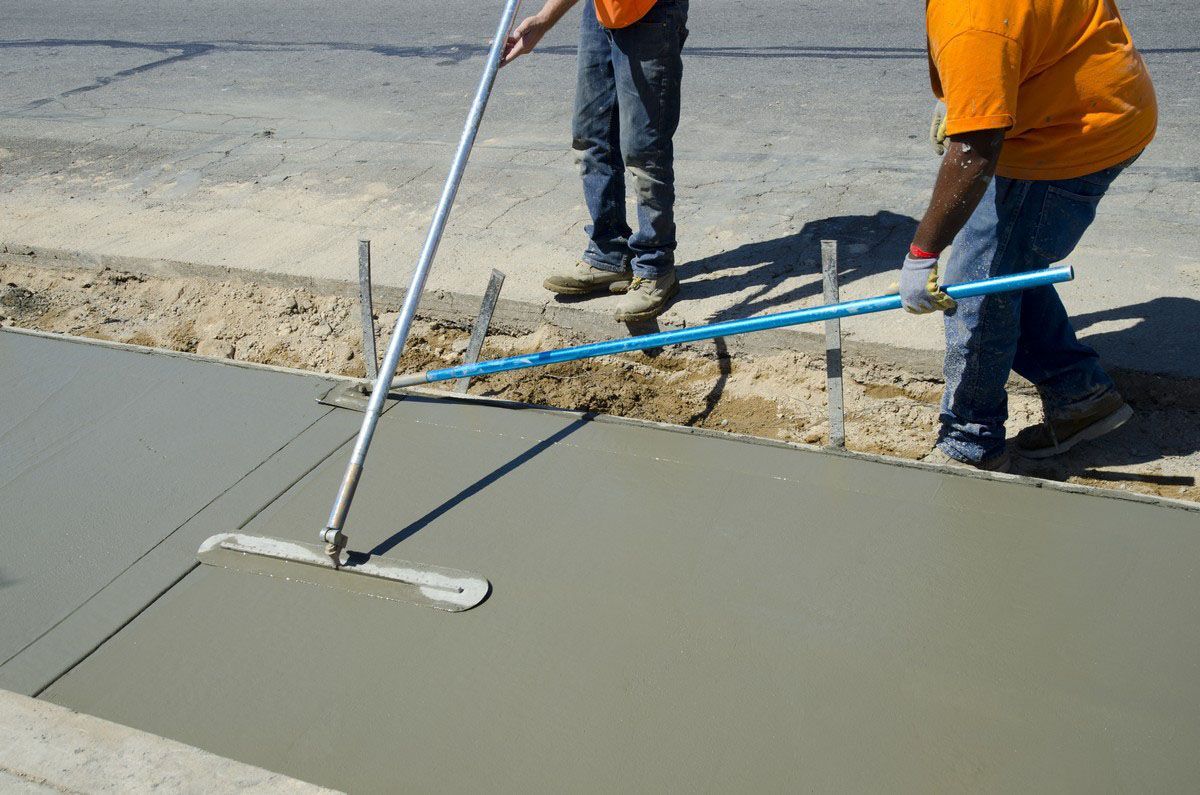
Share On: